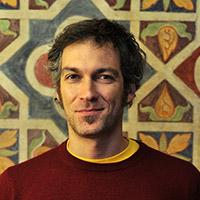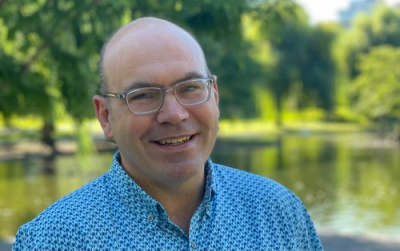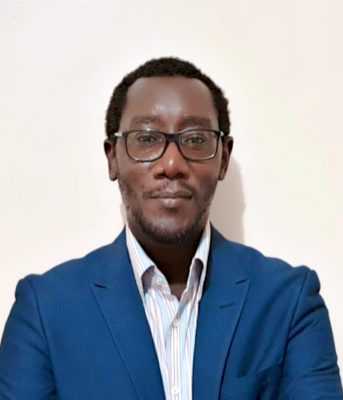We are excited to announce that Language Fest 2025 will be held on the late afternoon and early evening of Wednesday, April 16th in Konover Auditorium (spoken program) and Bousfield Psychology Building Atrium (poster sessions).
Language Fest is a university-wide research conference that welcomes the full cross-disciplinary community of language researchers at UConn for a day of sharing results, ideas, methodologies, and fostering future interdisciplinary collaborations. Researchers from all disciplines of the language sciences and at all career stages are welcome and encouraged to submit their work. The event is made possible with the support of the Institute for Brain and Cognitive Sciences (IBACS).
This year’s program will feature a graduate student symposium showcasing the diversity of methodologies used to study language, a data blitz session, an undergraduate commencement speaker, and poster sessions. Further details about submission and registration forms will be provided soon.
For any questions about Language Fest, please e-mail: langfest@uconn.edu and visit our website https://languagefest.uconn.edu/.
We look forward to your attendance and participation!
UConn LangFest Organizing Committee
Emma Wing
Jiabao Fan
Kaya LeGrand
Menghan Yang
Portia Washington
Briana Ashton
Mikayla Robinson
Melanie Stroud
Dr. Umay Suanda



